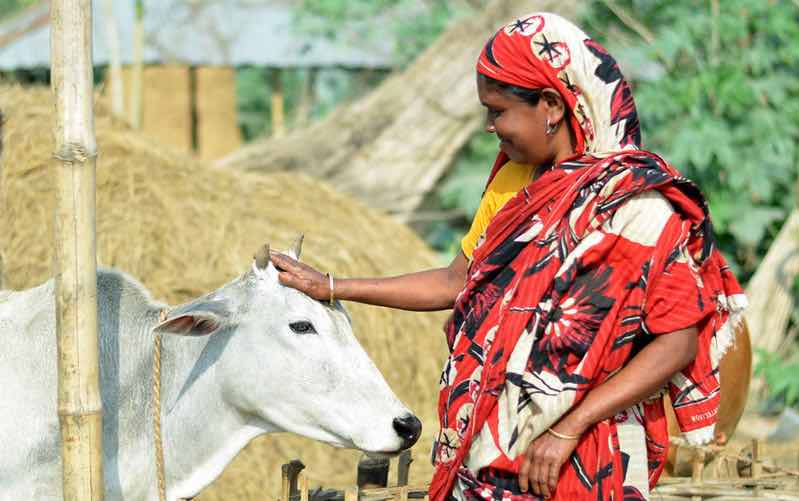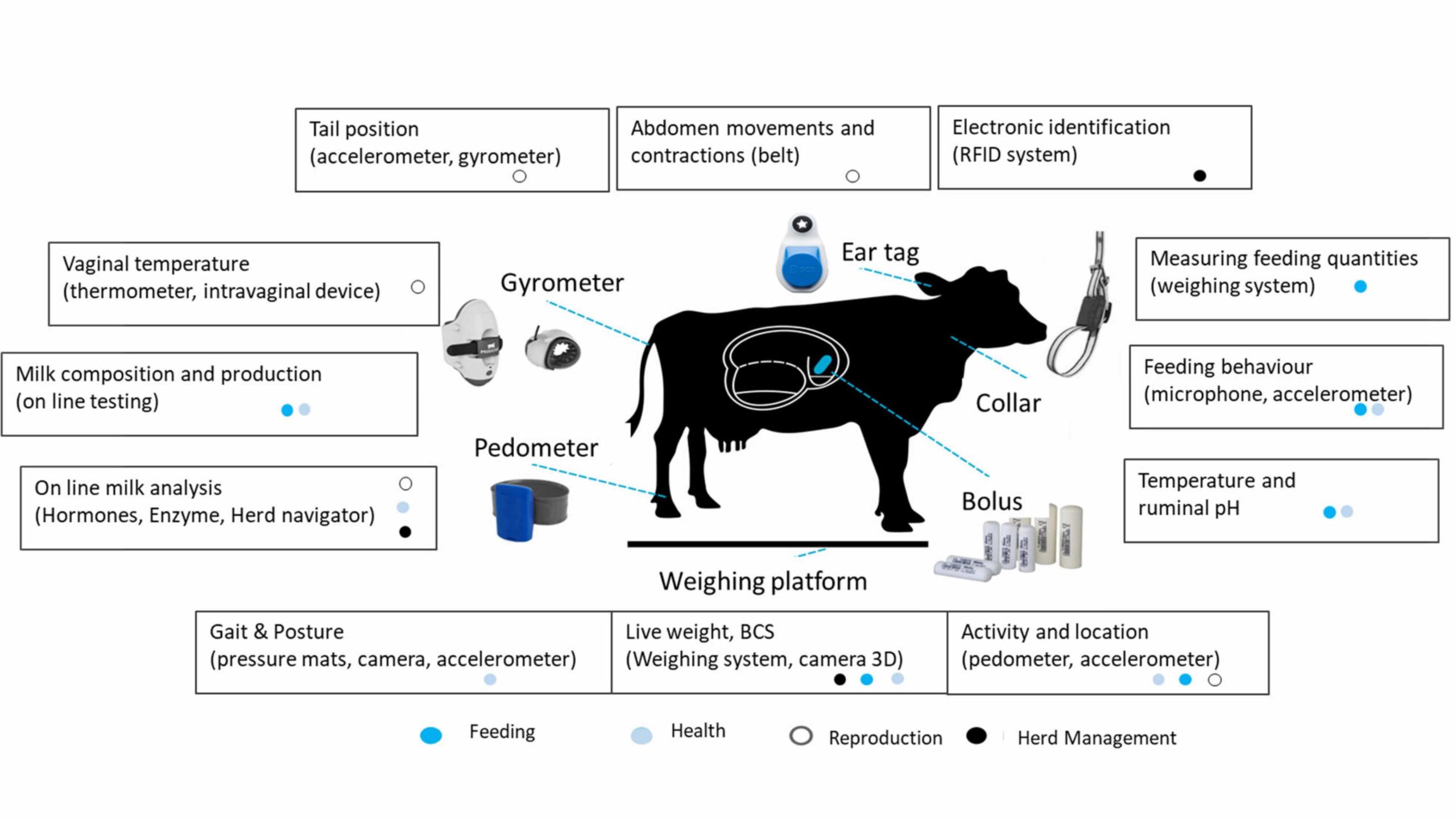“Women cannot ride bicycles” and “women should not interact with men to negotiate prices” are widely held beliefs in Burkina Faso. These prejudices prevent Burkinabe women working in gum production from bringing their products to lucrative markets and negotiating attractive prices with men buyers. In Honduras, other gender norms, such as the sentiment that women have smaller, nimbler fingers that are better suited to separating cashew nuts from their shells, can dictate the type of work that women (and men) can get and the income they can earn.
In northern Mali, women have been pushed into charcoal production as droughts have become more frequent and men have migrated away from their rural homes. However, due to their lack of political connections, these women are unable to obtain the necessary production permits and have been relegated to informal value chains and less profitable markets.
Such restrictive beliefs, social norms, and structural inequalities hamper women from fully engaging in agricultural and food systems value chains, accessing markets, and benefiting from these things equally to their men counterparts. Conversely, when women are able to participate in value chains, on an equal footing with men, the benefits can extend far beyond steady jobs and increased incomes, such as to shifting gender norms and even advancing women’s empowerment.
That’s why engaging women in markets and value chains is becoming a high priority on the global agenda for gender equality. While many methods and tools to support development practitioners, project leaders and investors are emerging, guidance on which tools are best suited for what purposes remains limited. To begin to fill this gap, as part of the Methods module of the CGIAR GENDER Impact Platform, we have published a working paper that can help both researchers and development practitioners choose which tools and methods are best suited for their needs.
Tools for equality and women’s empowerment in value chains
Based on a literature search and consultation with experts, we reviewed 19 tools and methods (see the working paper dataset) that address gender and agricultural value chains. While several of the tools reviewed seek to understand and reduce gender equality across different nodes of the value chain, many of the research results published from using the tools and methods still tend to focus on smallholder producers and the production node, where gender inequality is already well documented.
Here we focus on two examples that go beyond the production node. First, the AgriProFocus Gender in Value Chains toolkit, which provides practical tools for all stages of the value chain intervention. It also stands out as it is among the tools that make the business case for greater gender focus in value chains by arguing that neglecting women in value chains leads to inefficiencies and loss of business opportunities. The toolkit is designed to motivate and help practitioners in integrating a gender perspective in agricultural value chain development, and it provides an overview of material available on gender and value chains, including a number of manuals produced by partners in the AgriProFocus Gender in Value Chains network. In 2020, AgriProFocus made the transition to a new organization, the Netherlands Food Partnership.
Second, the project-level Women’s Empowerment in Agriculture Index for market inclusion (pro-WEAI+MI), developed by IFPRI, can help capture a quantitative measure of women’s empowerment that can be compared across different nodes within value chains as well as across different value chains. It can be used to investigate barriers to market access and inclusion for both women and men. The accompanying survey tool also offers several optional indicators, including access to reliable sanitation and sexual hostility in the working environment, to better measure and contextualize empowerment and inclusion across value chains.
Directions for filling remaining gaps
While the two tools highlighted above are designed to be used across several value chain nodes, most tools and methods still have heavier emphasis on farm-level production, with less guidance on how to tackle challenges and pursue opportunities elsewhere in the value chain, such as in processing or trade. Along the same lines, there are few examples of how the tools and methods can consider more than one commodity at a time, which is a problem since most smallholder farmers get their incomes from a variety of activities. As a result, the tools are limited in how well they can diagnose or address a farmer’s or a family’s overall well-being.
Still, these tools and methods can help project teams seeking to address gender inequities in value chains and to bring about benefits not only for women, but for whole value chains. However, they are not able to replace the social science expertise and experts that are essential to applying the tools, analyzing data and results, and using this information to design better interventions.
CGIAR and the GENDER Impact Platform
Our review of tools and methods for integrating gender perspectives into value chains is part of a CGIAR GENDER Impact Platform series of working papers that curate and synthesize a portfolio of tested gender methods and tools.
Kate Ambler is a Research Fellow with IFPRI’s Markets, Trade, and Institutions Division; Jennifer Twyman is an independent research consultant. This post first appeared on the NFPConnects blog.







